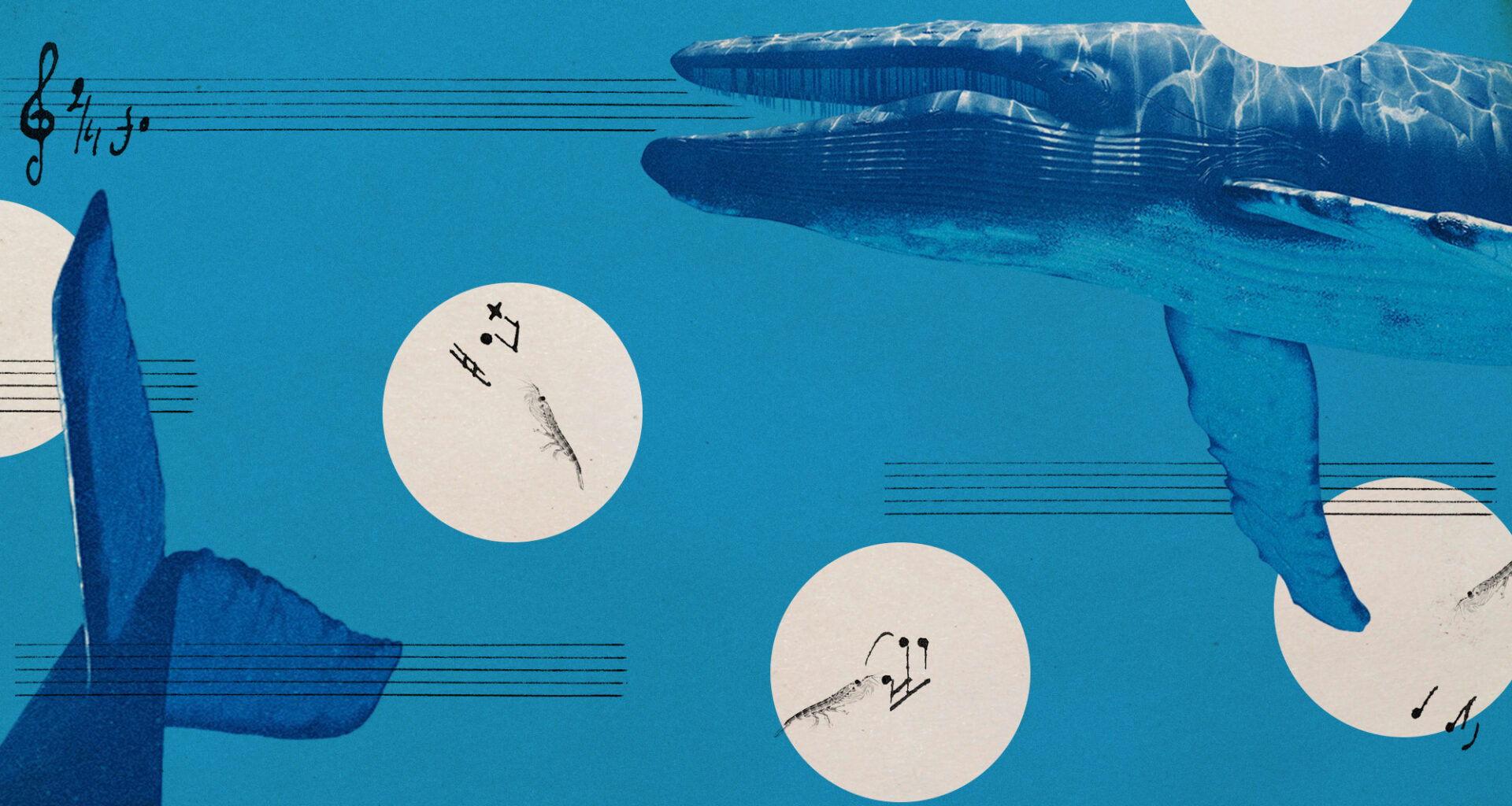Blue whales have been singing less, and it could be a bellwether of climate change. Warming oceans affect the availability of their only food source, krill, and according to a study published in the journal PLOS One, there’s a correlation between blue whale vocalizations and their food supply.
“We don’t hear them singing,” John Ryan, a biological oceanographer at the Monterey Bay Aquarium Research Institute and the lead author of the study, said to National Geographic. They are “spending all their energy searching.” There’s “just not enough time left over” for singing, and that “tells us those years are incredibly stressful.” It’s like “trying to sing while you are starving,”
From our morning news briefing to a weekly Good News Newsletter, get the best of The Week delivered directly to your inbox.
From our morning news briefing to a weekly Good News Newsletter, get the best of The Week delivered directly to your inbox.
Blue whales are one of the animals most affected by a lack of food, because krill is their “only food source,” while humpback whales “also eat small fish such as anchovies and sardines,” said Newsweek. And with fewer sounds by the ocean giants, there’s “concern about how changing ocean conditions, likely caused by climate change, are impacting the species and what that will mean for biodiversity and whale numbers in the region.”
The world’s largest indicator
“When we have these really hot years and marine heat waves, it’s more than just temperature,” Kelly Benoit-Bird, a marine biologist at Monterey Bay Aquarium and co-author of the study, said to National Geographic. “The whole system changes, and we don’t get the krill.” So the animals that “rely only on krill are kind of out of luck.” High ocean temperatures lead to algal blooms that can kill krill. And blue whales are “forced to forage over a much larger geographic area when krill populations become depleted,” said Newsweek.
Marine heat waves are only going to get worse due to fossil fuel usage. Oceans act as the world’s largest carbon sink, meaning they “already absorb more than 90% of the excess heat from climate change,” said The Independent. There are “whole ecosystem consequences of these marine heat waves,” said Benoit-Bird. If they “can’t find food and they can traverse the entire West Coast of North America, that’s a really large-scale consequence.”
Blue whales, the largest animal on the planet, can provide important “clues about how resilient different whale species may be in the face of changing ocean conditions,” said Newsweek. As they “navigate seas transformed by climate change, noise and industrial activity, their voices offer a vital record of a world in flux,” said National Geographic. And if a species “capable of roaming an entire coastline begins to falter, struggling to find food and delaying reproduction, researchers say the signal is unmistakable: Something deep within the ecosystem is shifting.”
